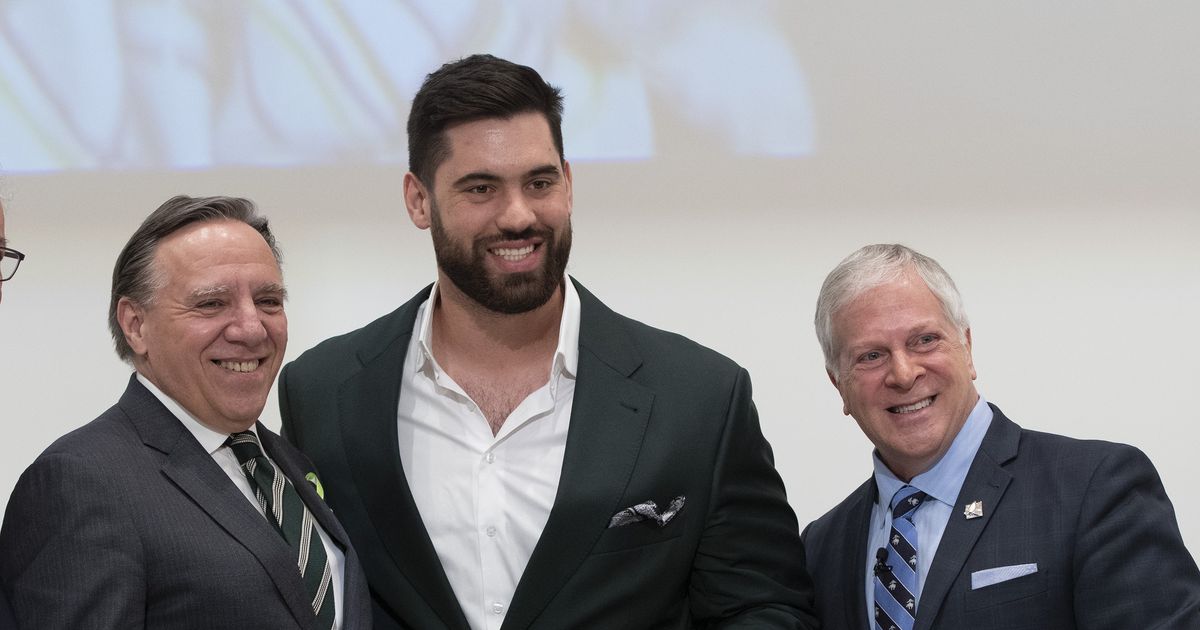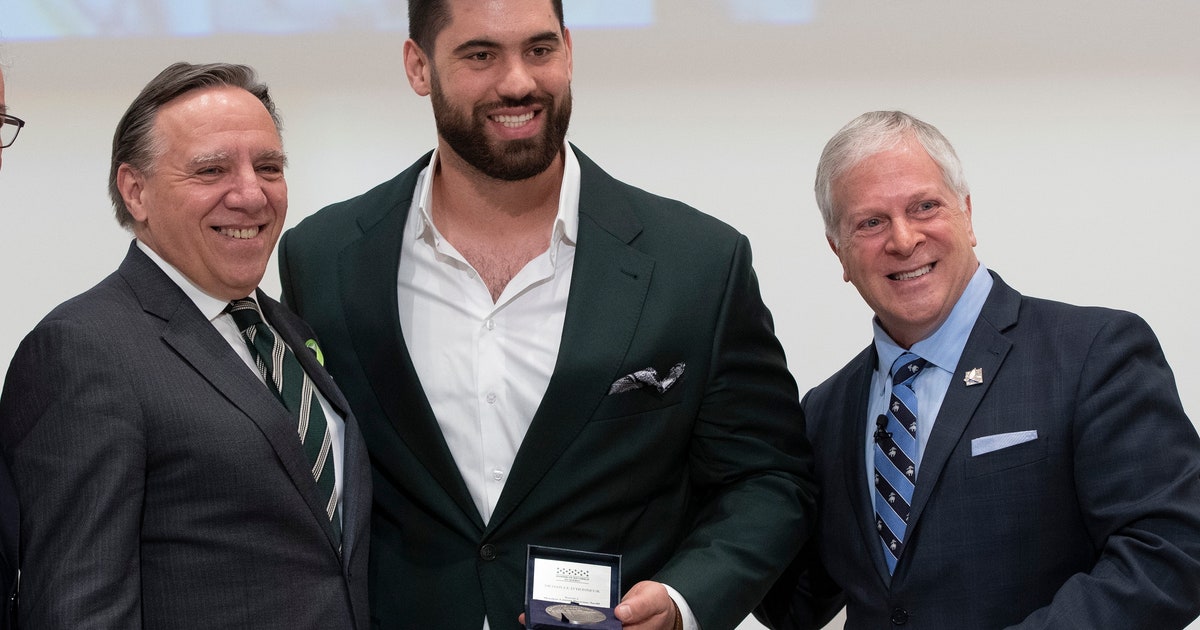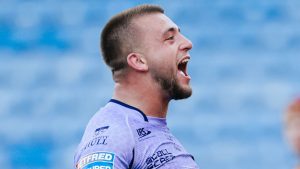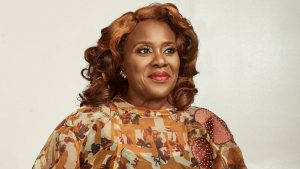Chiefs’ Duvernay-Tardif putting medical degree to work


KANSAS CITY, Mo. (AP) — Laurent Duvernay-Tardif has gone from the offensive line to the front line, using the medical degree he completed during offseasons with the Super Bowl champion Kansas City Chiefs to help patients during the COVID-19 pandemic.
Still dressed in his lab coat while taking a lunch break Friday, the gregarious Duvernay-Tardif explained during a video interview that he contacted the health ministry in his native Canada early in the outbreak to see how he could help.
Duvernary-Tardif began by making public-service announcements and getting out the word about social distancing. But he soon sprang into action when it became clear there would be a shortage of trained medical professionals.
“In times of crisis,” Duvernay-Tardif said while drinking from a carton of milk, “there are so many extra steps you need to take to protect yourself, but also the patients. We’re using visors and masks all day long, washing hands — so many precautionary measures just makes everything heavier in terms of risk, and that’s why they needed so many more people. There are a lot of health professionals that have gotten sick, but also just so much more work to do.”
The only active medical school graduate in the NFL earned his degree from McGill University. He still had hospital rotations and other work to finish when the Chiefs drafted him in 2014, which meant returning to his native Canada each offseason and putting in some long hours.
His dedication has paid off in both professions.
On the field, Duvernay-Tardif blossomed from backup lineman into stalwart starter for a franchise that just won its first Super Bowl in five decades. He became so dependable the Chiefs signed him to a $42.36 million, five-year contract in 2017, more than $20 million guaranteed and a $10 million signing bonus.
And Duvernay-Tardif kept up his studies, putting him in position to help when COVID-19 began to spread.
“The first time I was confronted by the coronavirus was at the Super Bowl, when a reporter asked me about it. I’m like, ‘I’m about to play in the biggest game of my life!’ I wasn’t really focused on it,” he said. “Three months later, half the planet is in quarantine. It’s crazy how things have evolved.”
Duvernay-Tardif took a trip with his girlfriend to celebrate the championship and recover from the grueling NFL season. It became clear how quickly things had changed upon his return. Duverny-Tardif had been in an at-risk area on vacation and was forced to go into isolation.
Naturally, he soon after wanted to help.
“There was a shortage of people in long-term care facilities,” he said, “and I proposed myself to go work. And it’s one thing to say that, but when you get your first shift, it hits you: ‘How can I protect myself and juggle these things?’”
Duvernay-Tardif ran his plans by Chiefs coach Andy Reid and the front office. He got their blessing and made arrangements to keep those around him safe. That included ensuring he was up to date on the latest protective equipment, and securing an empty apartment to use as a changing station. He goes there after each shift to shower and put on clean clothes before returning home to his family.
Because he hasn’t finished residency requirements, Duvernary-Tardif’s medical responsibilities are somewhat limited. He helps deliver medications and do the work of orderlies and nurses. But his training also means Duvernary-Tardif is able to recognize when something is amiss and act upon it quickly.
“Larry and I have talked a couple times,” Reid said Friday, “so I knew that’s what he was doing. He’s taking all the precautions he can, but he’s jumping in. He’s going. And you wouldn’t expect anything different from Larry.”
Reid has a unique appreciation for Duveray-Tardif because of his own background. His mother, a radiologist, knew Dan Fortmann, who’d been drafted by Chicago in 1936. Fortmann was unsure whether to play football or attend medical school, but Bears owner George Halas convinced him he could do both — even advancing him money for his education.
Fortmann eventually played eight seasons for the Bears, helped them win three NFL titles and made the Pro Football Hall of Fame. He retired in 1943, joined the Navy and was assigned to a hospital ship near the end of World War II. Fortmann returned to the U.S. and began his surgical practice in Los Angeles, where he became friends with Reid’s mother.
“I got to know Dr. Fortmann,” Reid recalled, “and he told me the story of how Papa Bear Halas had let him in the offseason go about his medical studies, and I think it went into training camp a bit. Now here comes Larry and he had to do some things in the offseason, and I understood that. I had a mother who was a doctor, and I had heard these stories from Dr. Fortmann. So it allowed me with a clear mind to say, ‘Do what you need to do. It’s a pretty spectacular thing.’”
Considerin Duvernay-Tardif’s education, the NFL Players Association asked him to join a task force to evaluate return-to-play plans. He declined to reveal his preference.
Meanwhile, Duvernay-Tardif intends to put his medical training to use — for as long as necessary.
“I’m here to help, support and contribute in a time of crisis,” he said. “I asked coach Reid and everyone, ‘Is it OK going to the front line?’ Everybody has been great. We all understand that there is something bigger than football going on.”








